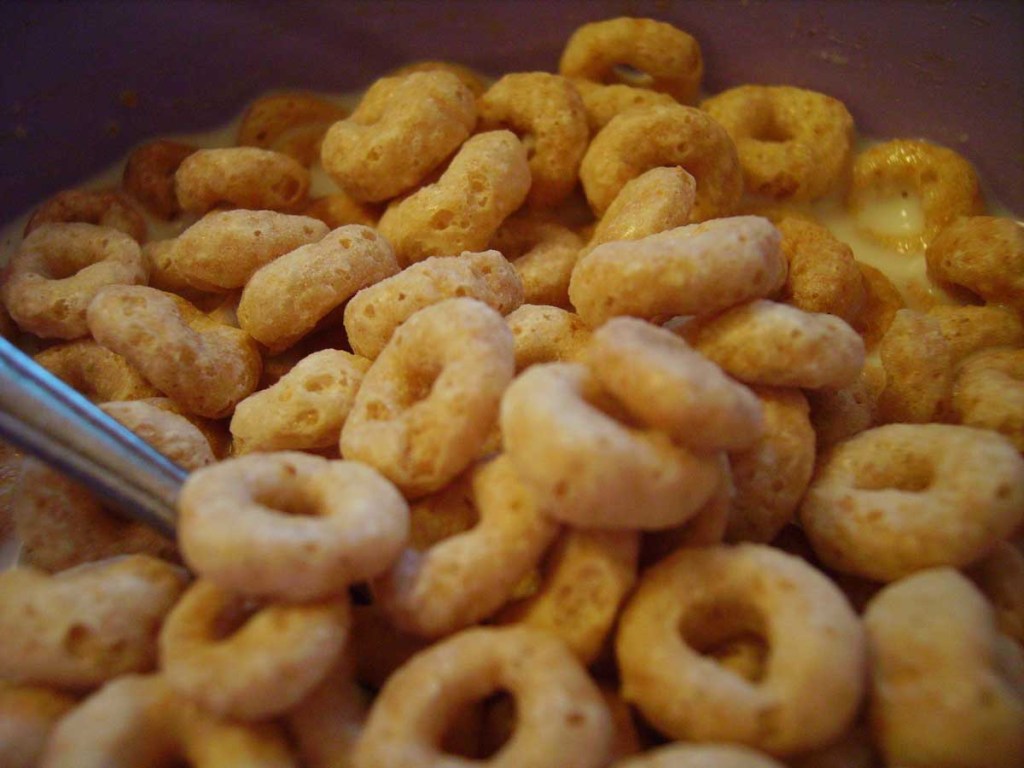Suit: Protein Cheerios misleads consumers
Published 6:00 am Saturday, November 14, 2015

- Suit: Protein Cheerios misleads consumers
Macho men and women, beware.
Trending
General Mills, the maker of Cinnamon Toast Crunch, Lucky Charms, Fiber One, and Cheerios, has a clever new trick, according to a lawsuit brought against the company this week by consumer group Center for Science in the Public Interest (CSPI). The suit alleges that the cereal maker has been selling a new product called Protein Cheerios, which the company first introduced last year, under false pretenses.
“The overall impression of the box is that the cereal has a lot more protein than traditional Cheerios, but when you look at the nutrition label, it’s clear that Protein Cheerios has only a little bit more protein, and a lot more sugar,” said Michael Jacobson, who is the president of CSPI. “We think that’s very deceptive.”
A glance at nutritional information for the two cereals, which is available on General Mills’ Web site, reveals that a single serving of Protein Cheerios has 7 grams of protein and 17 grams of sugar. A serving of the original Cheerios, meanwhile, has 3 grams of protein and only a single gram of sugar.
The 4-gram difference in protein between the two makes it hard to argue that that necessarily merits adding big bold letters to the packaging that spell the word PROTEIN. After all, the recommended daily intake of protein is 56 grams for men and 46 grams for women, according to The Institute of Medicine, which advises the government. And the average person living in the United States consumes closer to 80 grams.
“This is a very minimal change when you look at how much protein people eat,” said Jacobson.
But here’s the thing: The added protein is actually even less significant than a first look at the labels makes it seem, because the serving sizes aren’t the same. For regular Cheerios, the nutrition facts correspond to 28 grams of cereal.
For Protein Cheerios, however, the listed protein and sugar contents correspond to 55 grams.
After adjusting for the difference, Protein Cheerios – that muscular-looking bowl of morning goodness – packs only about a gram more protein by weight. The good news is that the more accurate comparison means there isn’t quite as much extra sugar as it seemed. By weight, Protein Cheerios has just over eight-instead of seventeen-times as much sugar as its simpler counterpart.
The issue here isn’t that one variety of Cheerios has more sugar than another. Or that a new flavor isn’t quite as healthy as the original. Cheerios come in many varieties – General Mills lists 12 extras on its website. And all of them – every single one – is made with more sugar than the original. But that is to be expected given that the spinoffs include flavors like Chocolate, Apple Cinnamon, and Honey Nut.
The problem with Protein Cheerios, according to the consumer group, is that the cereal doesn’t make good on the core promise of its name, which might be lost to customers who don’t realize this when making purchasing decisions.
“I think people wouldn’t buy the cereal if they knew how little the difference in protein is,” said Jacobson. “But that fact isn’t obvious.”
General Mills, which dismissed the lawsuit as “publicity-seeking,” says it isn’t misleading customers at all. “To state the facts, an equal amount of Cheerios Protein contains 18 percent more protein by weight than original Cheerios,” the company wrote in an email statement. “Cheerios Protein contains 7 grams of protein per serving — and it does qualify as a good source of high-quality protein under the FDA standard. Cheerios Protein provides a good source of protein in every labeled serving-and it is accurately labeled.”


